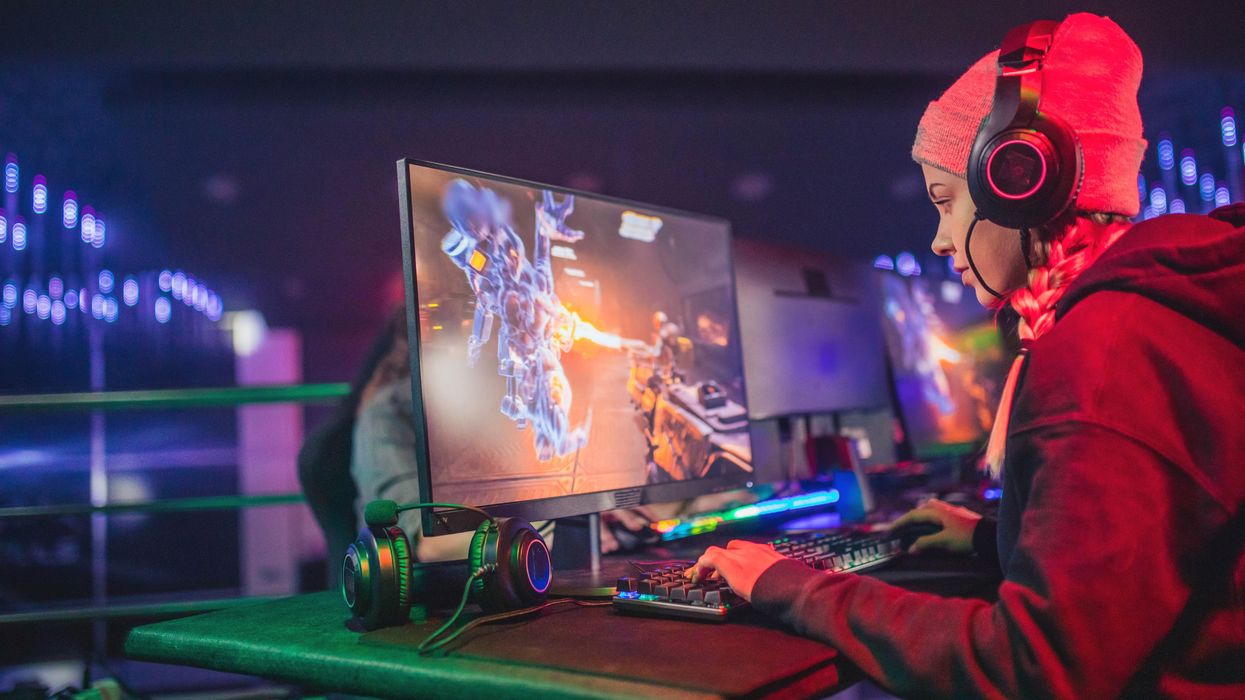The world of gaming consoles in 2025 is more exciting than ever, with devices offering everything from cinematic storytelling to portable play. Whether you're a casual gamer or a die-hard enthusiast, the right console can elevate your experience. But with multiple options on the market, choosing the best one depends on your play style, preferences, and budget.
Here’s a guide to the six best gaming consoles of 2025 and who each one is best suited for.
1. PlayStation 5 Pro – Best for story lovers and visual enthusiasts
Sony’s PlayStation 5 Pro builds on the success of the PS5 with even better graphics performance and ray tracing capabilities. Known for its exclusive, story-driven games like God of War: Ragnarök, Spider-Man 2, and Horizon Forbidden West, this console is ideal for gamers who love immersive narratives and cutting-edge visuals.
The DualSense controller adds to the realism with adaptive triggers and haptic feedback, making gameplay even more engaging. If you’re after high-end performance and cinematic titles, the PS5 Pro is hard to beat.
2. Nintendo Switch 2 – Best for families and on-the-go gamers
The Nintendo Switch 2, released earlier this year, continues the hybrid tradition of its predecessor, offering both docked TV play and handheld portability. With enhanced battery life, improved Joy-Con stability, and a brighter OLED screen, the console is a strong upgrade for fans of Nintendo’s unique ecosystem.
It’s perfect for family-friendly games like Mario Kart 9, The Legend of Zelda: Echoes of Time, and Animal Crossing: New Horizons. If you share your console or want something portable for travel, the Switch 2 fits the bill.
3. Xbox Series X – Best for multiplayer and game pass value
Microsoft’s flagship console remains a favourite in 2025 thanks to its robust performance, large storage capacity, and unmatched value via Xbox Game Pass. For a monthly subscription, players can access hundreds of titles, including Starfield, Halo Infinite, Forza Motorsport, and many indie favourites.
Its power and compatibility with cloud gaming also make it ideal for those who like playing online with friends or trying new games regularly. If multiplayer battles or discovering new titles are your priorities, the Series X is your console.
4. Steam Deck OLED – Best for PC gamers who want portability
Valve’s Steam Deck OLED offers the flexibility of a PC gaming rig in a handheld format. It supports the full Steam library, meaning users can take thousands of PC titles on the go. The OLED model enhances display quality, battery life, and ergonomics, making long gaming sessions more comfortable.
While it's not a traditional console, it's a smart choice for gamers with an existing PC game collection or those who prefer customising their settings. It’s particularly popular among indie game lovers and modders.
5. Xbox Series S – Best budget console for casual players
The Xbox Series S is a compact, digital-only console that provides a great entry point into next-gen gaming. It offers fast load times and decent graphical performance at a lower price point than the Series X or PS5.
Combined with Game Pass, it delivers great value for money, especially for those who don’t mind going digital. If you’re a casual player, new to console gaming, or working within a budget, the Series S gives you everything you need to get started.
6. MSI Claw 8 AI+ – Best for tech enthusiasts and customisation fans
MSI’s Claw 8 AI+ is one of the most powerful handheld consoles of 2025, featuring Intel’s latest Core Ultra processors and AI-powered enhancements. Designed for Windows gaming, it supports multiple storefronts like Steam, Epic Games Store, and Xbox Cloud Gaming.
With its 8-inch display, customisable controls, and impressive performance, it appeals to advanced users who want more than plug-and-play. Ideal for gamers who like tweaking settings, exploring mods, or running high-performance games on the go.
Gaming begins
There’s no one-size-fits-all answer when it comes to picking the perfect gaming console. If you love cinematic adventures, the PlayStation 5 Pro is your best bet. Families and casual players will feel right at home with the Nintendo Switch 2. Multiplayer fans and value seekers should look no further than the Xbox Series X, while PC gamers might prefer the portability of the Steam Deck OLED. Those on a tighter budget have the reliable Xbox Series S, and the MSI Claw 8 AI+ caters to those who want top-tier handheld performance.
Whatever your gaming style, 2025 offers a console that’s tailored just for you. Choose wisely, and let the gaming begin.





